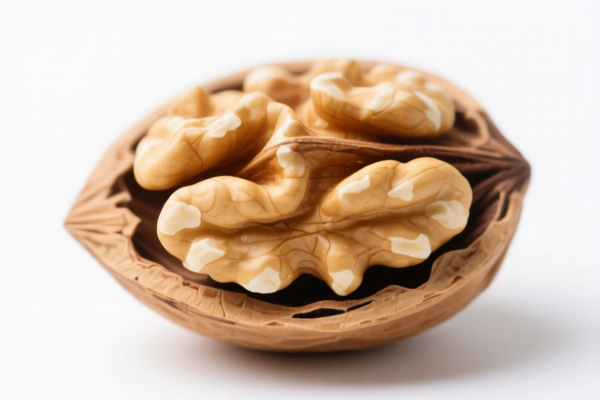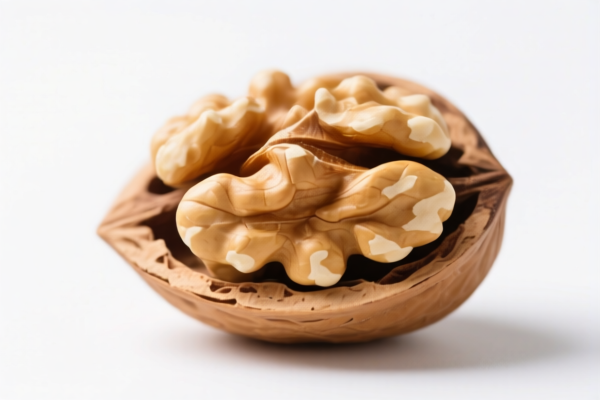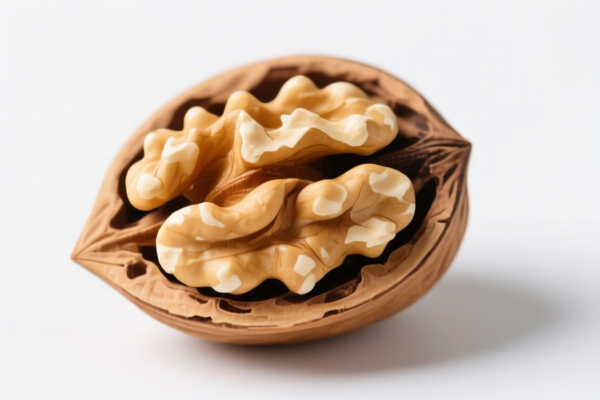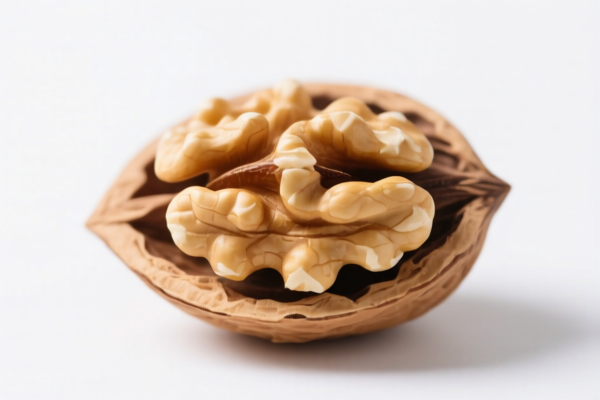| HS Code | Official Doc | Tariff Rate | Origin | Destination | Effective Date |
|---|---|---|---|---|---|
| 8487900080 | Doc | 83.9% | CN | US | 2025-05-12 |
| 8487900040 | Doc | 58.9% | CN | US | 2025-05-12 |
| 8483908080 | Doc | 57.8% | CN | US | 2025-05-12 |
| 8483908040 | Doc | 57.8% | CN | US | 2025-05-12 |
| 7318160060 | Doc | 62.5% | CN | US | 2025-05-12 |




Nut Kit
A nut kit is a collection of nuts, typically fasteners, along with related components, assembled for a specific purpose or application. These kits are designed to provide a convenient and comprehensive solution for fastening tasks, eliminating the need to source individual components separately.
Material
Nut kits are commonly manufactured from the following materials:
- Steel: The most common material, offering high strength and durability. Often coated with zinc, black oxide, or other finishes for corrosion resistance.
- Stainless Steel: Provides superior corrosion resistance, ideal for outdoor or marine applications. Different grades (e.g., 304, 316) offer varying levels of resistance.
- Brass: Offers good corrosion resistance and aesthetic appeal, commonly used in plumbing and decorative applications.
- Nylon: Lightweight and non-conductive, suitable for electrical applications or where metal fasteners are undesirable.
- Aluminum: Lightweight and corrosion-resistant, often used in aerospace and automotive applications.
Purpose
The primary purpose of a nut kit is to securely fasten components together. Specific applications dictate the type of nuts and related components included. Common purposes include:
- General Assembly: Fastening machine parts, furniture, and other structures.
- Automotive Repair: Replacing or repairing fasteners on vehicles.
- Plumbing: Connecting pipes and fittings.
- Electrical Work: Securing electrical components.
- Construction: Joining structural elements.
- DIY Projects: Providing a convenient fastening solution for home improvement and crafting.
Function
A nut, in conjunction with a bolt or screw, functions by applying clamping force to joined materials. The nut’s threads engage with the bolt’s threads, and when tightened, it compresses the materials together, creating a secure connection. Related components in the kit enhance this function.
Usage Scenarios
- Mechanical Engineering: Assembly of machinery, equipment, and prototypes.
- Automotive Industry: Repairing and maintaining vehicle components, including engines, chassis, and body panels.
- Construction Sites: Building structures, assembling frameworks, and installing fixtures.
- Home Workshops: Repairing furniture, assembling shelves, and undertaking DIY projects.
- Marine Environments: Fastening components on boats and other marine vessels.
Common Types
Nut kits vary significantly based on the application. Common types include:
- Standard Nut Kits: Contain a variety of standard nuts (hex nuts, lock nuts, flange nuts) in common sizes.
- Automotive Nut & Bolt Kits: Include a selection of nuts and bolts commonly used in automotive applications, often organized by vehicle make and model.
- U-Nut Kits: Contain U-nuts and bolts for securing pipes and tubes.
- Flange Nut Kits: Include flange nuts, which provide a larger bearing surface for increased stability.
- Lock Nut Kits: Contain lock nuts (nylon insert lock nuts, prevailing torque lock nuts) designed to resist loosening due to vibration.
- Metric Nut Kits: Contain nuts with metric threads.
- SAE Nut Kits: Contain nuts with SAE (Imperial) threads.
- Assorted Nut & Washer Kits: Contain a combination of nuts, washers, and sometimes bolts in various sizes and materials.
- Specialty Nut Kits: Designed for specific applications like plumbing (brass nuts), electrical work (nylon nuts), or furniture assembly.
A nut kit typically comprises multiple nuts, potentially of varying sizes and materials, used for fastening purposes in machinery, construction, or general assembly. These kits are designed to provide a convenient collection of nuts for specific applications.
The following HS codes may be relevant, based on the provided reference material:
- 7318160060: Screws, bolts, nuts, coach screws, screw hooks, rivets, cotters, cotter pins, washers (including spring washers) and similar articles, of iron or steel: Threaded articles: Nuts Other: Of stainless steel. This code covers nuts made of stainless steel. The first two digits (73) indicate articles of iron or steel. The next two digits (18) specify screws, bolts, nuts, etc. The following digits (16) further define threaded articles, specifically nuts, and (00) indicates 'Other' and (60) specifies 'Of stainless steel'.
- 7318160060: Screws, bolts, nuts, coach screws, screw hooks, rivets, cotters, cotter pins, washers (including spring washers) and similar articles, of iron or steel: Threaded articles: Nuts Other: Of stainless steel. This code applies if the nut kit contains nuts made of stainless steel. The applicable tariff is a base tariff of 0.0%, a surcharge of 7.5%, and a surcharge of 30% after April 2, 2025. A 25% surcharge applies to steel and aluminum products. The total tariff rate is 62.5%.
- 7318160060: Screws, bolts, nuts, coach screws, screw hooks, rivets, cotters, cotter pins, washers (including spring washers) and similar articles, of iron or steel: Threaded articles: Nuts Other: Of stainless steel. If the kit includes nuts made of materials other than stainless steel, this code may still apply depending on the specific composition.
Regarding HS code 7318160060, please note the need to verify the material composition of the nuts, specifically whether they are made of stainless steel, as this impacts the applicable tariff rate. A 25% surcharge applies to steel and aluminum products. The total tariff rate is 62.5%.
Customer Reviews
No reviews yet.